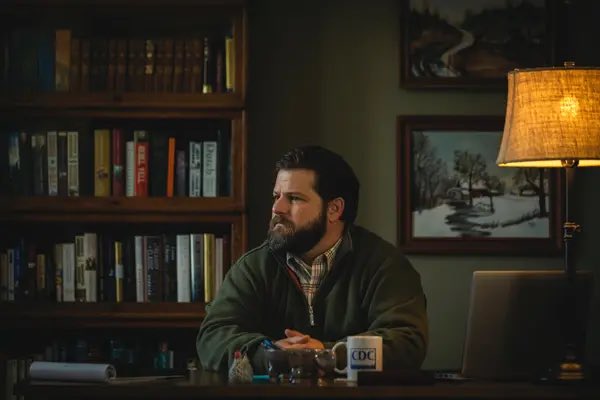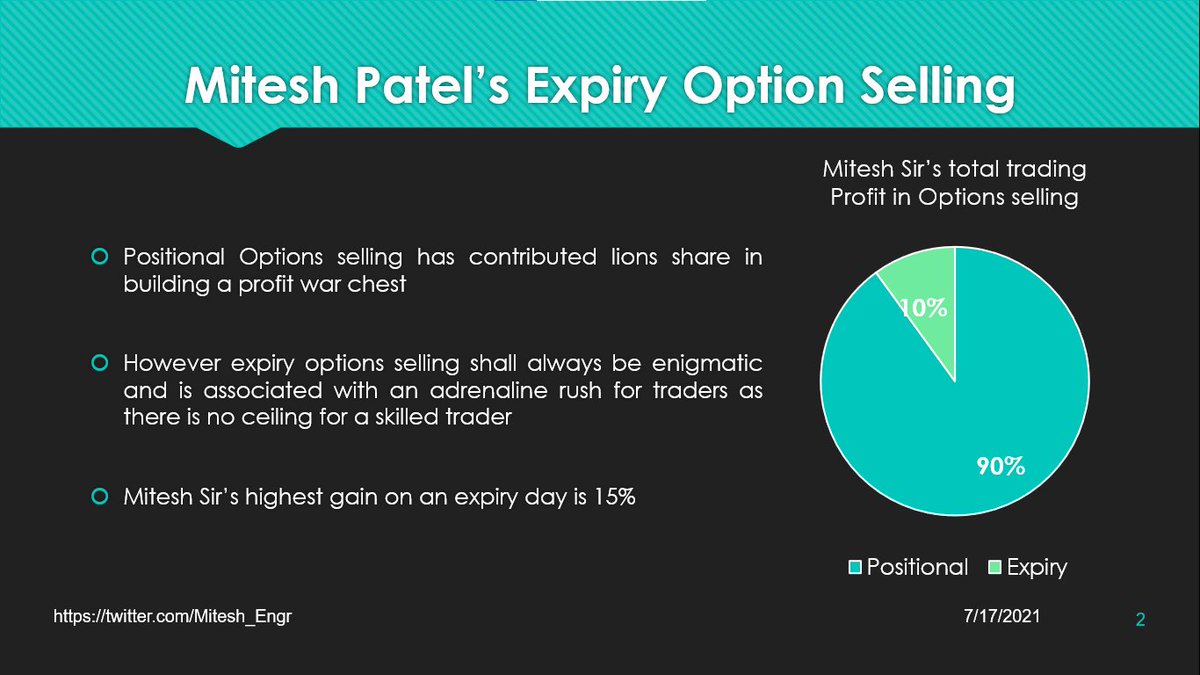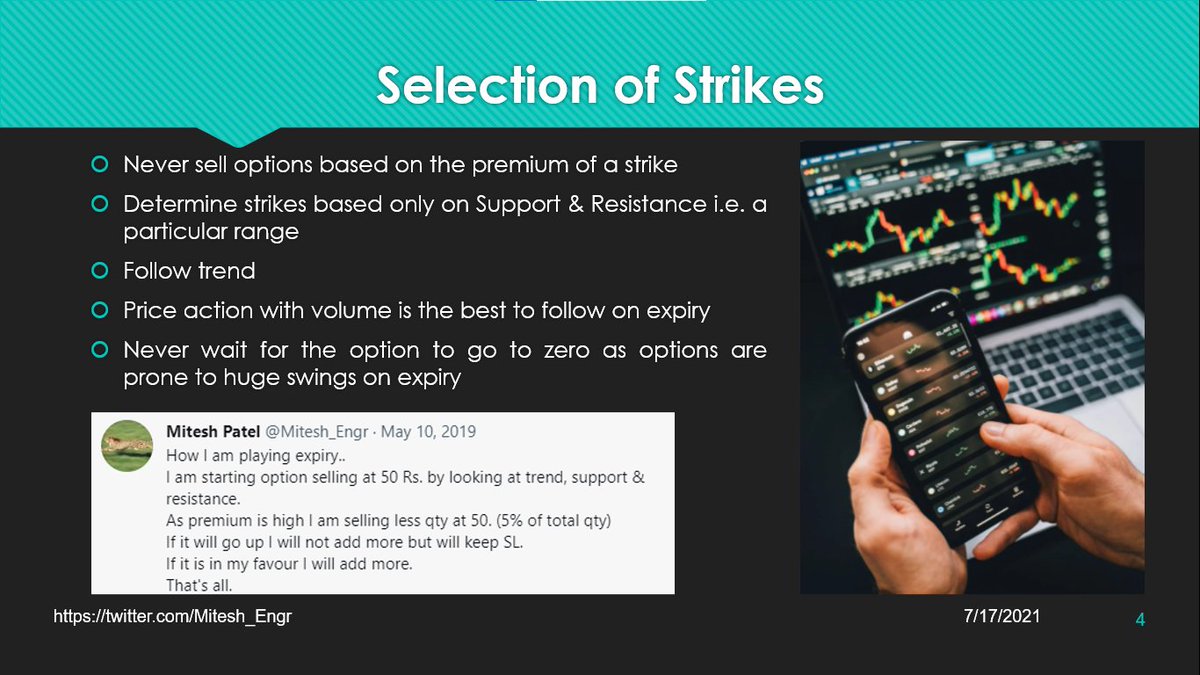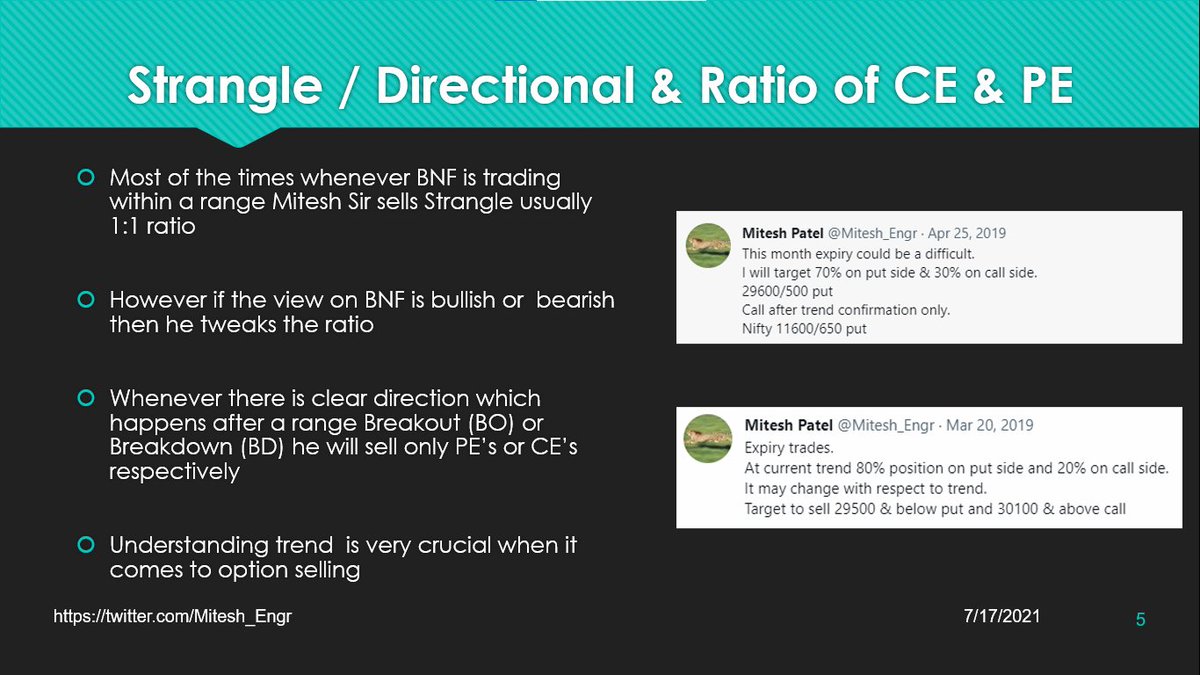Displacement requires calm, non reactive leadership at every level and we have lacked that at a federal level, hence the massive escalation of anxiety on the 'system' of our society.
2/
Bowen predicted that as we regress we would no longer be able to listen to each other, we'd become highly reactive, continuing the vicious cycle of catching each others' anxiety and reactivity.
We are there.
3/
But we are not doomed. Especially knowing we have a God who cares.
But it requires calm, aware leadership at every level.
4/
Systems theory often measures anxiety and action through the lens of responsibility and control.
I frame it through the notion of spaces
1. The space inside me
2. The space between us
3. The space between me and God.
5/
We often get stuck in an anxiety spiral because we put too much energy into the forth space:
4. The space inside them.
Systems Theory reminds us that spending time and energy on that space is not only futile, it is destructive.
6/
But the first 3 spaces? To coin an old Seinfeld reference, 'That's gold, Jerry. Gold.'
What is mine to carry, what is theirs, what is God's?
7/
Ed Friedman reminds us that working on the nature of our own anxiety, noticing recurring patterns and reactivity in ourselves, is what gives the most potential for change.
8/
The world needs leaders who practice calm presence. Leaders who listen to learn rather than listening to defend or fix. Leaders who can stay connected while strongly disagreeing, who can maintain their own values while connecting to people who violate their values.
9/
Fortunately we have Jesus of Nazareth as an example of calm, aware presence in the face of hostility and values violations.
10/
So connection and lowering reactivity starts with hyper awareness of the 3 spaces.
1. The Space inside me.
It may sound silly or weird, but maintaining connection with yourself is essential.
11/
A simple example: I have a set of values for my social media behavior because I don't trust myself in the moment as I read people's posts. I get reactive, then I get self righteous, then I fall into the lie, 'one corrective comment from me will help.'
It never does.
12/
I have already established behavior values, so I don't succumb to reactivity. I can live out of my pre chosen values.
That is a simple ex. of being connected to myself. Clarifying my posture, values, behavior BEFORE I get anxious so they can guide me WHEN I am anxious.
13.
The space between me and God is as key because anxiety and reactivity fill that space and infect my awareness of God.
One of the simplest, but most difficult ways to know you are anxious: you forget that God is with you. It is because anxiety has blocked your view.
14/
'We love because He first loved.' All our action is action reaction to The Actor. But anxiety tells me I must initiate, I must act.
I, I, I.
But God invites me into response.
15/
This is no cop out to sit in life's lazy hot tub while God acts. Some of the finest justice advocates I know are the most connected to God. But their activism is a RE-action to the Active God.
16/
So attending to the space inside me, the space between me and God....
Generally, that helps sort out space #2 at the top of this thread and keeps me from falling into the daily temptation to focus on space 4 which is OFF LIMITS!
Peace of Christ be upon you today.
17/17























